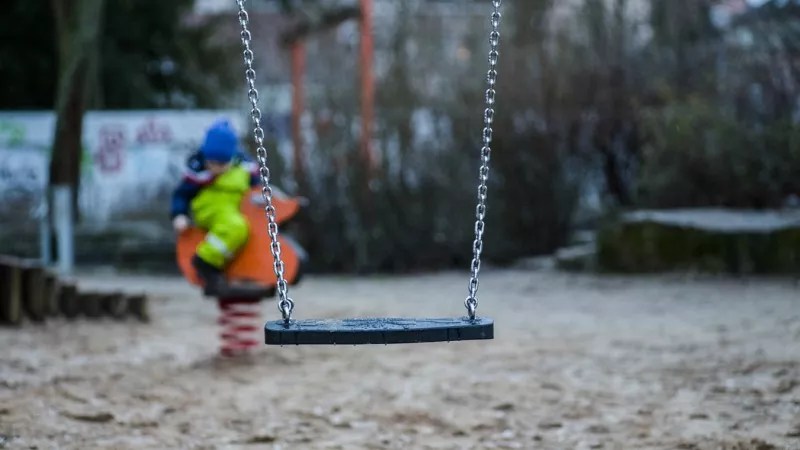
Photo by Markus Spiske on Unsplash

Audio By Carbonatix
Public schools in Denver and across Colorado have announced that they’re temporarily shutting down in response to the COVID-19 outbreak. But the Colorado Office of Early Childhood is encouraging child-care centers to consider remaining open despite concerns over the virus’s spread, in part because of the challenges such closures create for parents and/or guardians who have no option other than to continue working.
Sporting the subject line “Supplemental Guidance for Schools and Child Care Facilities on COVID-19,” this message was emailed to “County Human Service Agencies and Community Partners” at 4:20 p.m. on Saturday, March 14 under the signatures of Jeff Lawrence, director of the Colorado Department of Public Health and Environment‘s Division of Environmental Health, and Mary Anne Snyder, director of the Colorado Department of Human Services‘ early childhood office.
“Last week, we provided Local Public Health Agencies with guidance that CDPHE developed to provide direction for school and child care closures,” the memo begins. “In an effort to coordinate public health and human service efforts, we are now sending the same guidance to you.”
Lawrence and Snyder maintain that many of the schools that decided “to initiate spring break early or even potentially extend it or are closing” appear to be moving forward “absent the criteria” outlined on this page of the CDPHE’s website.
“We understand the desire to limit children and staff exposures and in many instances are encouraging the application of social distancing practices,” their message continues. “That said, these school closures place additional burdens on families. In some instances, child care operations are taking the school closures as a cue for them to also proactively close. We are not requesting or encouraging this approach. Instead, we encourage child care settings to apply the closure criteria outlined in the guidance and not proactively close.”
Here’s the Lawrence/Snyder list of secondary concerns that closures of child-care facilities create:
• Children being fed – access to meals
• Child protection issues – younger children unsupervised because parent(s) has to work
• Children/youth congregating in other sites
• Parent absenteeism from work in order to care for children
• Children with special needs can have more difficulty learning when returning to school after extended absence
• Availability of substitute teacher pool
• Setting and size of school/district
• Addressing fear and stigma associated with being sick
• Privacy concerns
Similar issues were voiced by the Colorado Health Foundation’s Karen McNeil-Miller in our recent post “COVID-19 and the Inequities of Pandemics in Denver and Beyond.”
Lawrence and Snyder also confirm that “we are hearing about shortages of disinfectants. For schools and child care facilities that will be closed for a week or longer, do not clean or disinfect right away and wait, as the virus will not survive the closure period, and do a singular cleaning and disinfection more closely aligned with the reopening date. Additionally, CDPHE is seeking guidance on other mechanisms of disinfection that could be implemented as a result of the supply issues with traditional disinfectants.”
The letter closes with this apt line: “Thank you for your partnership during this challenging time.”